Data science and AI have become the two most talked-about fields and so data science vs AI has become a common topic. A career as a data analyst, AI engineer or data scientist can fetch you a high salary as well as a fulfilling job experience. Data science involves knowledge of a lot of subfields (which we will discuss later). AI is yet to get there but is picking up fast with the advancement in technologies and successes in its subfields like neural networks, fuzzy logic , NLP, and machine learning.
Examples of Data Science and AI
We are living in a time when we can ask Alexa or Siri to set up appointments, switch on the TV, play our favorite songs or movies, google and present information, and much more. There are self-driving cars that learn and improve based on past experiences, robots that can walk and talk (somewhat) like humans and perform predefined tasks, chatbots that make analytics easier with a better interface and messaging tools, etc.
You would think "Are these examples related to data science or AI?" All of these examples require data collection and processing. In machines like Alexa or self-driving cars, for the system to gain some intelligence (AI), it has to be trained. But how?
Data is the key. The data received from various sources, however, is not as perfect as you would like it to be. It is raw, unstructured and can have a lot of mistakes. As such, it has to be corrected to prepare for analysis.
The analysis part is where all the learning happens i.e. the system gains (artificial) intelligence. Huge data sets - big data - are fed into the system and algorithms are applied for training. The algorithm is then adjusted and improvised based on accuracy and once near accurate results are achieved, the testing data set is fed into the system to check the accuracy and build the final model.
Why Should We Compare Data Science and AI (Data Science vs AI)?
Hearing the words data science and artificial intelligence lead to many questions in our mind:
- What is data science?
- How is AI related to data science?
- Is AI a part of data science?
- What does data science include?
- What does AI include?
We will attempt to answer all these questions and more here by comparing data science and AI (data science vs AI), and also understand their similarities.
What is Data Science?
The simplest answer would be – It’s a field where data from various sources is cleaned, transformed and analyzed to make certain predictions that can help companies take better business decisions for the future.
For example, based on a Facebook user’s browsing history i.e. pages visited, post engagements and other browsing data, Facebook can determine her preferences. Facebook can then show the user some targeted content, which the user would most probably like.
Data Science is a vast subject that includes both technical and non-technical aspects. Many professionals – big data analysts, domain experts, business analysts, data engineers, statistics analysts, programmers, et cetera - work together to complete the data science lifecycle . It typically looks like this:
- The client gives a problem statement with the required parameters and criteria.
- Data is collected from various sources like data centers, cloud, and surveys, and cleaned.
- Next, data is validated, prepared and processed to transform it so that it can be analyzed.
- Using various algorithms to analyze and train the system so that they can find patterns and trends in data.
- Based on the findings, reports can be generated with possible solutions to the problem(s) and further business decisions can be made.
The entire process involves domain knowledge, research, analysis, data engineering capabilities, computer science and programming knowledge, statistical and mathematical aptitude, understanding of machine learning tools and business mindset.
What is AI?
Humans possess intelligence i.e. they can think on their own and make their own decisions based on past experiences, similar behaviors, and pattern matching. What if a machine can do the same? This intelligence possessed by machines to make decisions based on certain algorithms is called Artificial Intelligence or AI.
The goal of AI is to create machines that can think on their own and make accurate decisions. There are many branches of AI that help to solve a wide array of complex real-life problems, including:
- Machine learning,
- Deep learning,
- Robotics,
- Expert systems,
- Natural language processing, and
- Fuzzy logic.
Currently, machine learning finds use in many industries to perform predictive data analytics. Machine learning can be done with or without human supervision. There are many applications of machine learning.
For example, spam email detection, search engine optimization, Facebook photo tagging, weather forecasting, recommendation systems, and live map traffic updates. There is a lot of progress made in the fields of deep learning, NLP, and robotics as well, but those are more complex and need more research. In short, we are not quite there yet.
How are Both Related?
Both data science and AI are vast and growing. Data science is an established field and among the top fields in the technology world now. AI, on the other hand, is still in initial stages and a lot of research is underway to reach a level where machines can think and act like humans.
Data science is a complete process in which machine learning (ML) plays a pivotal role in training a system and allowing it to find trends, patterns, behaviors, and predictions that can help businesses make important decisions.
ML is a branch of AI and involves familiarization with a lot of algorithms as part of the learning process. Machine learning includes supervised learning, unsupervised learning and reinforced learning methods for building algorithms that process huge datasets and interpret useful insights.
Why do People Compare Both?
In a lot of scenarios, people tend to use data science and AI interchangeably. Since they are related and data science depends on machine learning algorithms, most people think that AI falls under the data science umbrella. But that is not true. Here is a simple depiction of and how data science and AI are related:
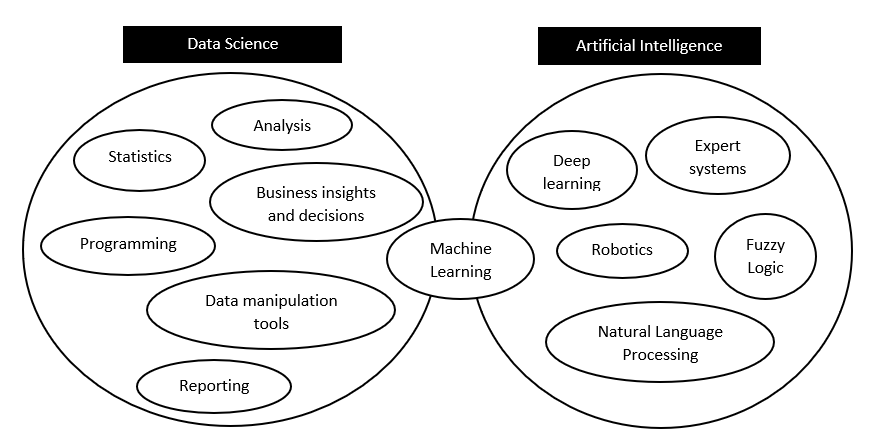
In the above picture, we see that ML is the connecting link between data science and AI. In the future, data science would be required to cater to each of the branches of AI i.e. we would need to collect and process data for deep learning, NLP, robotics, etc. That means for advancement in AI, we need data science and for performing data science steps we need AI.
Which is Bigger – Data science or AI?
While data science uses machine learning - a subfield of AI - for insights and predictions, both fields are vast in their own right. AI is still far-fetched in terms of the 2nd and 3rd levels where machines can think like humans and surpass them, respectively. However, data science is currently used in almost every domain for various purposes. Note : Learn about some of the most important data science applications here.
Data Science vs AI: A Head-to-Head Comparison
So now that we know a lot about AI, data science, and their similarities, it's time to take the data science vs AI comparison head-on. The following table enumerates the differences between the two:
| Data Science | Artificial Intelligence |
| Includes retrieving useful insights from huge datasets. | Imitate human abilities like speech, ability to perform simple tasks, and comprehend and respond to natural human language. |
| Involves extensive operations on data. | Research- and learning-based process that mainly focuses on machine learning and deep learning algorithms. |
| Raw data obtained can be structured or unstructured. | Data can be in various forms, such as raw, unstructured, and vectors. |
| AI is just a part of the entire data science lifecycle, where machine learning algorithms are applied. | AI requires data that can be prepared and transformed through data science tools. |
| Uses tools like R, Python, Tableau, SAS, Excel, TensorFlow, and Matlab. | Uses tools such as Keras, Scikit Learn, PyTorch, H20, and Microsoft Cognitive Toolkit. |
| ML algorithms are sufficient for analysis and problem-solving. | AI needs ML, deep learning algorithms, fuzzy logic, NLP and more to enhance the intelligence level of machines. |
| Data science is the most promising and best-paying job in the industry. | It is still in its early stages, however, the industry is now recognizing and hiring more AI engineers. It has a bright future and is believed to be the highest-paying job. |
| Aims to solve business problems, where most of the processes are automated, however, it still requires a lot of human intervention. | AI aims to create a mechanism for computers to think and make wise decisions, eventually, without human intervention. |
| Data science works on facts, data, experience, and knowledge. | AI involves perception, cognitive thinking, neural networks along factual data and algorithms. |
Conclusion
Through this article, we covered some important differences between AI and data science and also found the connecting links between both i.e. data and machine learning. Both AI and data science work in line and thus, one depends on another for achieving success.
While data science fully focuses on data, AI also involves intuition, thinking, and perception; qualities of a human brain. Understanding the difference between AI and data science also allows you to decide which career path is the most suitable for you – being a data scientist or an AI engineer.
Data science has evolved nicely and will continue to reign in the next few years. AI is also growing fast and a lot of focus is now on building machines that can imitate humans. This means that in the coming years, AI will be equally important and a lot of jobs will be available for research and development of AI systems.
People are also reading:
- Best R Interview Questions
- Artificial Intelligence Interview Questions
- Data Science Tools
- What is Artificial Intelligence?
- Data Science Career Opportunities
- Data Science Process
- Big Data Frameworks for Data Science
- Data Science vs Data Mining
- Artificial Intelligence Technologies
- Data Analysis Techniques
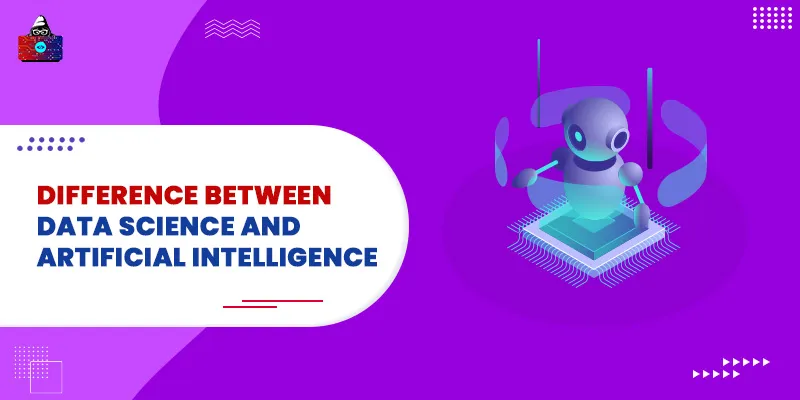

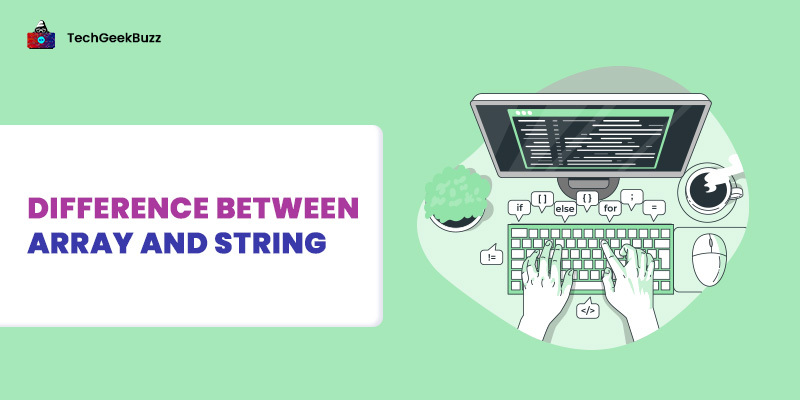
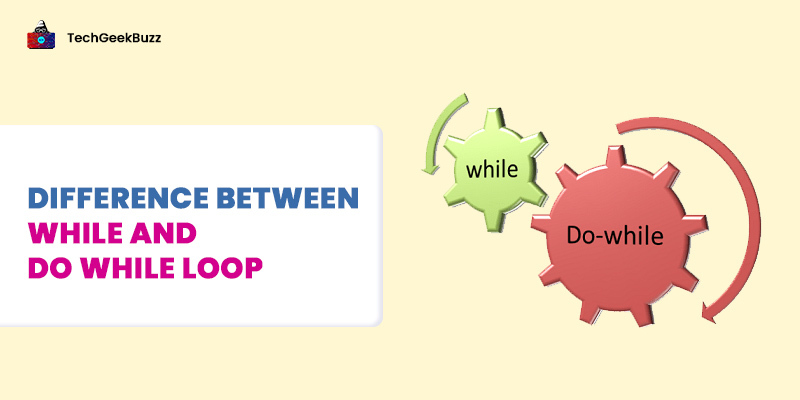
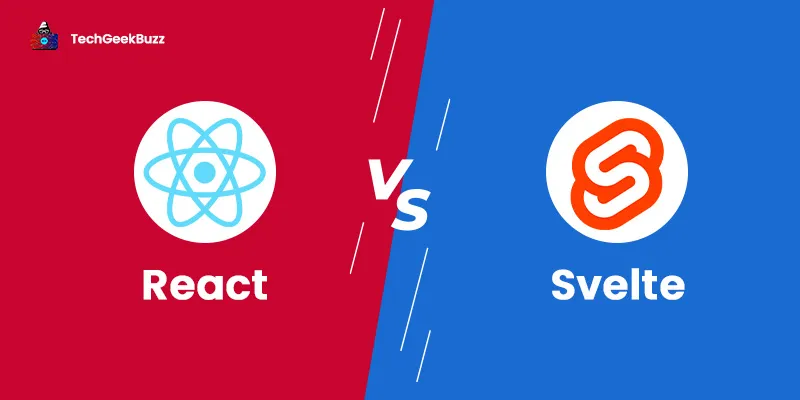
Leave a Comment on this Post